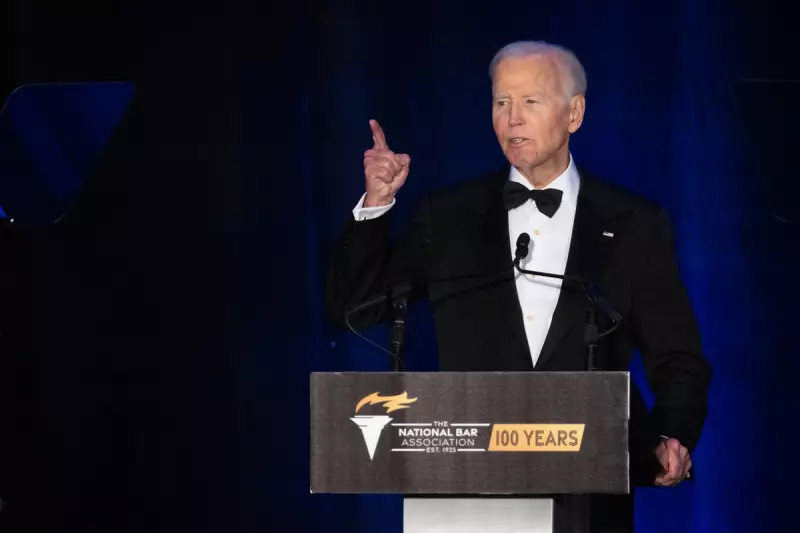
While the power and prestige of the Oval Office are immeasurable, the actual financial compensation for the most powerful job in the world is a matter of public record. So, what is the official salary of the President of the United States, and how does it shape the financial life of its occupant?
The Official Presidential Salary
According to longstanding US law, the sitting President, currently Joe Biden, receives an annual salary of $400,000. This figure was set by Congress in 2001 and implemented in 2003, marking a significant increase from the previous $200,000 stipend.
This income is subject to federal income tax, meaning the President, like any other US citizen, must pay a portion of his earnings to the government he leads.
More Than Just a Pay Cheque: Understanding the Benefits
The headline salary is just the beginning. The role comes with a substantial benefits package that significantly adds to its value, though not in liquid cash.
- Residence: The President and their family live rent-free in the White House, a building often described as a combination of a home, office, and museum.
- Transport: Access to a dedicated fleet of vehicles, helicopters (Marine One), and the infamous Air Force One jet for all official travel.
- Healthcare & Security: Comprehensive medical care and round-the-clock protection from the Secret Service, a benefit that extends to their family and continues after they leave office.
- Entertainment & Staff: A large executive staff and a generous budget for state functions and entertaining foreign dignitaries.
Wealth Accumulation: It's Not About the Salary
An intriguing aspect of the presidency is that the role is rarely a path to wealth during the term in office. In fact, the immense costs of campaigning often leave individuals with significant debt.
For most modern presidents, the real financial windfall comes after leaving the White House. Lucrative opportunities such as:
- Multi-million dollar book deals for memoirs.
- Six-figure fees for speaking engagements on the global circuit.
- Advisory roles and positions on corporate boards.
These post-presidency ventures often dwarf the official salary earned during their years of service, transforming their financial standing long after they've left the West Wing.






